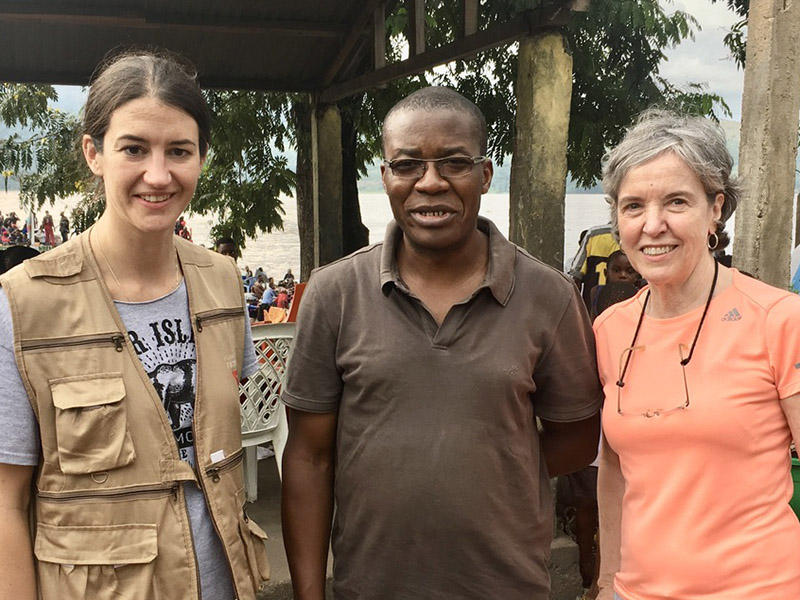Tulane University awarded $4.6 million Gates Foundation grant for family planning in DRC

Tulane University was awarded a $4.6 million grant from the Bill and Melinda Gates Foundation to sustain advances in family planning programming and research in the Democratic Republic of the Congo (DRC) in Central Africa.
Over the past decade, the Gates Foundation has continuously provided funding to Tulane to test innovative service delivery strategies, conduct programmatic research and strengthen local leadership to deliver contraceptive services to thousands of women and girls at risk of unwanted pregnancies. The current grant seeks to secure these gains through a transfer of leadership and capacity building to local organizations.
Jane T. Bertrand, PhD, the Neal A. and Mary Vanselow Endowed Chair at Tulane University School of Public Health and Tropical Medicine, will lead this initiative in collaboration with faculty members Julie Hernandez, Arsene Binanga and Anastasia Gage.
“The challenges of working in this environment are immense, as are the needs,” Bertrand said. “The country ranks 175th out of 189 on the United Nation’s Human Development Index and has the third-highest fertility rate in the world: 6.2 children per woman. Some women are fearful of using contraceptive methods and others are desperate to do so.”
The current grant aims to strengthen the capacity of DRC organizations to deliver services, scale-up the family planning curriculum in nursing schools and conduct operations research. The Tulane office in Kinshasa has 18 Congolese staff involved in implementing three other projects that also focus on various aspects of family planning.
“A key principle of international family planning is voluntarism,” Bertrand said. “We are not here to tell people how many children to have, but rather to increase access to services at affordable costs, so those wanting to use contraception can do so. Many women are living on less than $1.90 a day, making cost a huge barrier to obtaining contraception.”
Tulane’s main partner on the grant will be the Kinshasa School of Public Health (KSPH), which Tulane SPHTM faculty helped to establish in the mid-1980s. The grant funds will also support a Research Center for Family Planning, named in honor of the late Dr. Patrick Kayembe, former Dean of KSPH and PhD graduate from Tulane SPHTM (MPH IHD ’93, DrPH IHD ’97).
Since Tulane co-founded KSPH, more than 50 peer-reviewed studies have been published as a result of the work and research being done in the DRC. Several Tulane SPHTM graduate students will complete doctoral dissertations using DRC data or serve as research assistants in advancing project work, Bertrand said.
